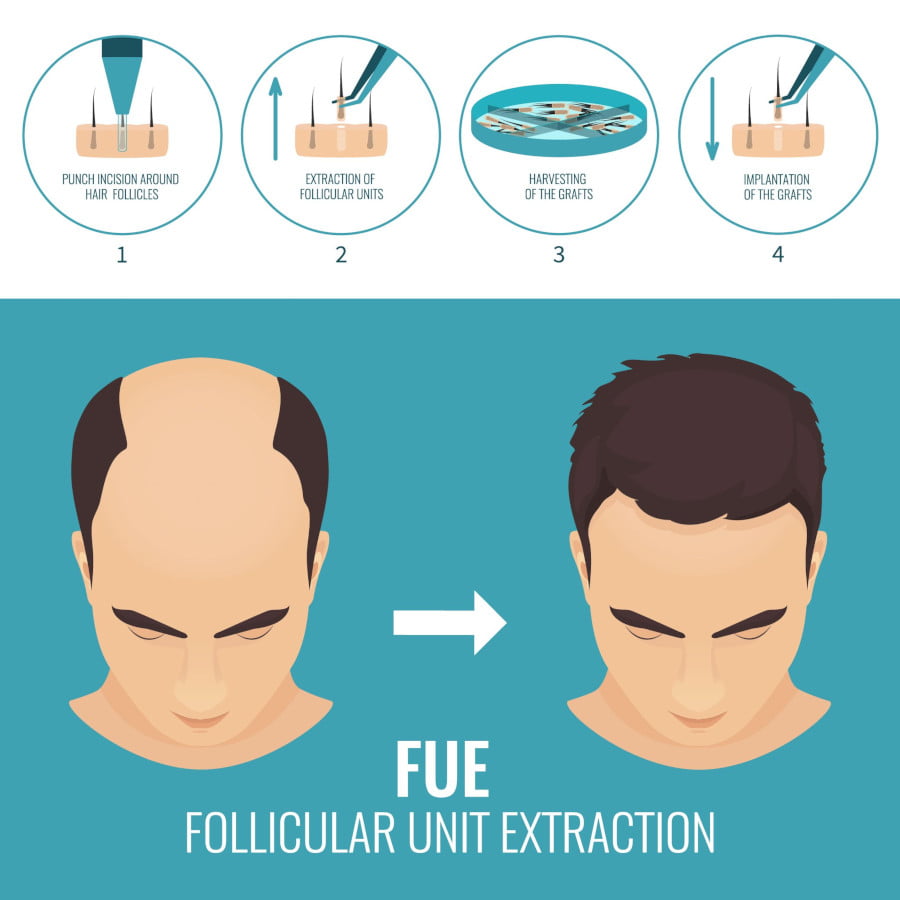
How Age, Genetics, and Lifestyle Affect Hair Transplant Results
Share
How Age, Genetics, and Lifestyle Affect Hair Transplant Results
When considering a hair transplant, understanding the roles of age, genetics, and lifestyle is key. These factors can significantly impact not only the outcome but also the longevity of your hair restoration results. Here’s a concise breakdown of how each affects hair transplant success and what you can do to optimize your results.
The Role of Age in Hair Transplant Results
Age plays an important role in hair transplant planning and outcome:
-
Young Patients (20s-30s): Since hair loss is often ongoing, younger patients may need future transplants as their hair loss pattern evolves. Surgeons typically take a conservative approach to allow for adjustments.
-
Middle-Aged Patients (40s-50s): With more stable hair loss patterns, these patients often achieve long-lasting results and are ideal candidates for transplants.
-
Older Patients (60+): Older patients benefit from age-appropriate hairlines that provide a natural look, with results that often remain stable due to their fixed hair loss patterns.
Genetics and Hair Transplant Longevity
Genetics are a crucial factor in hair transplant success:
-
Family Hair Loss Patterns: Knowing your genetic predisposition can help set realistic expectations and design a lasting hairline.
-
Donor Hair Quality: Strong, thick donor hair leads to better, more resilient results.
-
Hair Loss Type: Some types, like male and female pattern baldness, are more responsive to transplant methods.
SEO Keywords: genetics and hair transplant, hereditary hair loss, hair transplant longevity
Lifestyle Choices for Optimal Hair Transplant Results
Lifestyle choices directly impact hair transplant outcomes and longevity:
-
Healthy Diet: Nutrient-rich foods support hair growth, especially those high in biotin and protein.
-
Avoiding Smoking and Excessive Alcohol: These habits can limit scalp blood flow, reducing transplant success.
-
Stress Management: High stress can trigger hair shedding, so managing stress through exercise and relaxation is key for long-term results.
-
Proper Hair Care: Gentle, sulfate-free products help maintain transplanted hair.
FAQ: How Age, Genetics, and Lifestyle Affect Hair Transplant Results
Q1: Does Age Impact My Hair Transplant?
Yes, different age groups have unique needs. Younger patients may need follow-up treatments, while older patients benefit from age-appropriate designs.
Q2: How Does Family History Affect Results?
Genetic factors determine the strength and density of your hair and can impact transplant durability.
Q3: Can Lifestyle Choices Improve My Results?
Absolutely. A healthy lifestyle—nutritious diet, no smoking, stress management—can support better growth and prolong results.
Consult an Experienced Hair Transplant Surgeon
Achieving natural, long-lasting hair transplant results requires a skilled hair transplant surgeon who can assess your age, genetics, and lifestyle to create a personalized treatment plan. Look for a certified surgeon with experience to ensure the best possible outcome.
